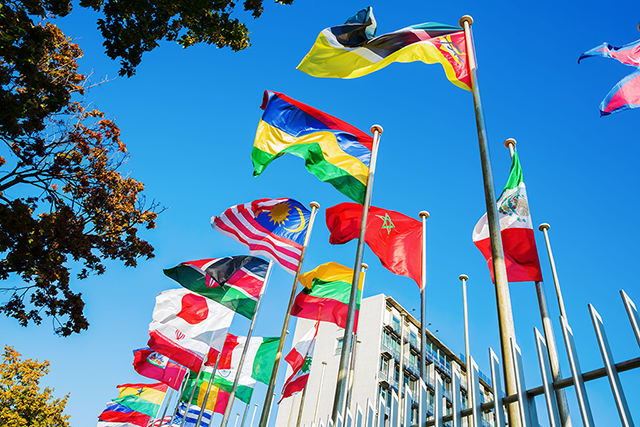Social Inclusion in Public Policy
Social inclusion is critical to achieving good policy in all sectors, not just those dealing with social development. UNESCO has developed tools and platforms to promote inclusive policy practices including the UNESCO Analytical Framework for Inclusive Policy Design and the Inclusive Policy Lab.
In 2014 UNESCO Offices in Jakarta and Bangkok started a series of consultation around strengthening capacities for inclusive policy design leading to the release of two reports and a partnership with the Government of Malaysia through the Malaysian Funds-in-Trust to support a pilot project on building capacities with pilots in Malaysia (focused on science and technology), Timor Leste (focused on disability and Cambodia (focused on disability). The findings from the consultations and pilots can be found in the following reports:
- Policies and Processes for Social Inclusion Volume 1: Possibilities from South-East Asia
- Policies and Processes for Social Inclusion Volume 2: Exploring possibilities in northern ASEAN countries
- Harnessing Talent towards an Inclusive Malaysia An Assessment of the National Policy on Science, Technology and Innovation (NPSTI) in Enhancing Social Inclusion in Research and Innovation
- Promoting Social Inclusion in Timor-Leste: Analysis of National Disability Policy Framework in Timor-Leste
- Promoting Social Inclusion in Cambodia
Additional projects are currently being implemented on disability by the offices in Apia and Jakarta, internal migration by Bangkok and New Delhi, and ageing in Beijing.






